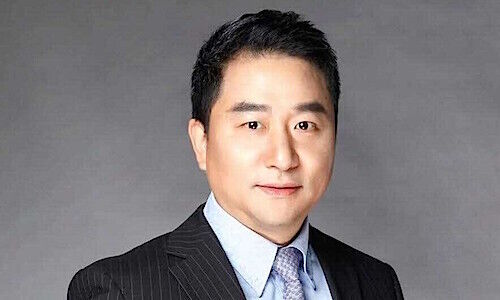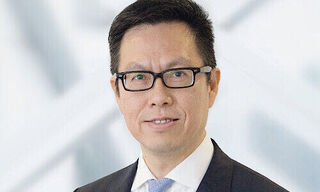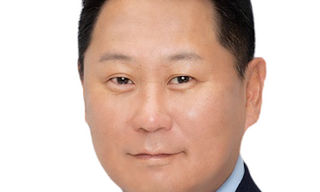UOB head of private wealth Chew Mun Yew believes that it is critical for relationship managers to shift their focus beyond just investments as the client market shifts amid an unprecedented generational transfer of wealth.
The private banking industry in Asia has been steadily shifting its focus beyond just the management of investments in recent years.
Wealth planning needs have emerged as one notable trend as the region undergoes an «unprecedentedly large transfer of wealth from one generation to the next», according to UOB managing director and private wealth head Chew Mun Yew.
«[S]ome Asians find it taboo to talk about death, or find it awkward to talk to their children about it. Or they worry about how to do [wealth transferal] fairly,» said Chew in a «Business Times» report.
Business Owners
The transfer of wealth is made even more complex due to the predominance of business owners in Southeast Asia.
«Private wealth and corporate wealth are fused together, inexplicably intertwined, and therefore very difficult to try to tear apart,» Chew explained.
Commercial Banking
And at UOB, it often acts as the primary bank for clients on the corporate side enabling a «special vantage point» due to additional understanding of business needs.
«It’s not that the private banker has to be a commercial banker. It’s not possible, because there’s a whole lifetime of skills and experience there. But he needs to know enough to be able to know when to call in the commercial banker as a partner,» said Chew.
Holistic Coverage
According to Chew, this holistic coverage of clients beyond investments to wealth planning and corporate needs will increasingly be a key differentiator for private bankers.
«It used to be that private bankers just looked after investments. Even in investments, they tend to be focused on one asset class. So it’s important that bankers start to move from just being investment-focused to encompassing a broader consideration of the needs of the client,» Chew added.
«If you deal with deep-rooted structural issues, then you’re responding to fundamental needs, and [that makes] your relevance more permanent.»


























